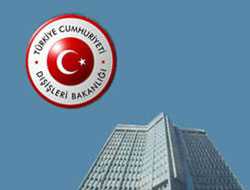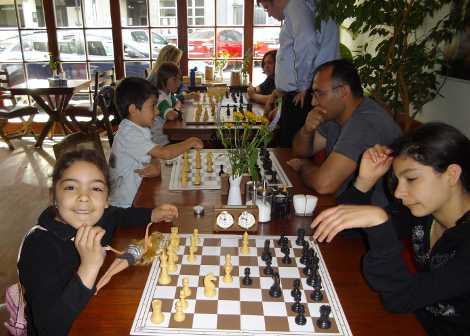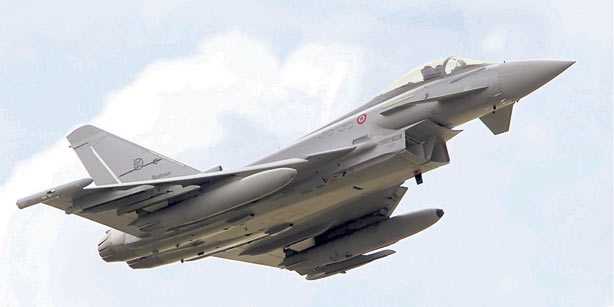Turkey has called on Germany to bring those responsible for racist attacks against Turkish communities in that country to justice by handing down the necessary sentences, pointing to increasing attacks against Turks recently.
World Bulletin / News Desk
 Turkey has called on Germany to bring those responsible for racist attacks against Turkish communities in that country to justice by handing down the necessary sentences, pointing to increasing attacks against Turks recently.
Turkey has called on Germany to bring those responsible for racist attacks against Turkish communities in that country to justice by handing down the necessary sentences, pointing to increasing attacks against Turks recently.
A Foreign Ministry statement released on Tuesday rebuked growing attacks in the past few weeks against houses, mosques and associations that belong to Turkish immigrants. The attacks, it said, reek of Islamophobia, xenophobia and racism.
According to the statement, assailants have attempted to burn down 10 houses in the past 10 days in various Berlin neighborhoods. “Our citizens face these attacks with fear and concern, and we are carefully following the incidents,” the statement stressed. It added that Turkey expects the relevant German authorities to find the perpetrators as soon as possible and bring them to justice.
Germany is home to Western Europe’s second-largest Muslim population after France. The single biggest minority is Turkish. In contrast to the situation in Britain or France, where simmering racial tensions sometimes explode into violence, German Muslims live relatively peacefully alongside mainstream society, but a lack of integration has long posed a problem.
According to the statement, Turkey believes similar incidents constitute a grave injustice to Turks, who are striving to maintain peace and stability in the country while contributing to Germany’s economic success.
A fraught debate was sparked in Germany last summer when then-Bundesbank member Thilo Sarrazin published a bestselling book arguing that Muslim immigrants were welfare sponges who threatened the country’s economy and long-term future.
Turkey also blamed German politicians and the media. “Statements by politicians and media publications that portray immigrants in a negative and biased way make immigrants, who are an integral part of Germany, a target of xenophobic groups,” the statement concluded.
via Turkey calls on Germany to protect Turks from racist attacks | Diplomacy | World Bulletin.





